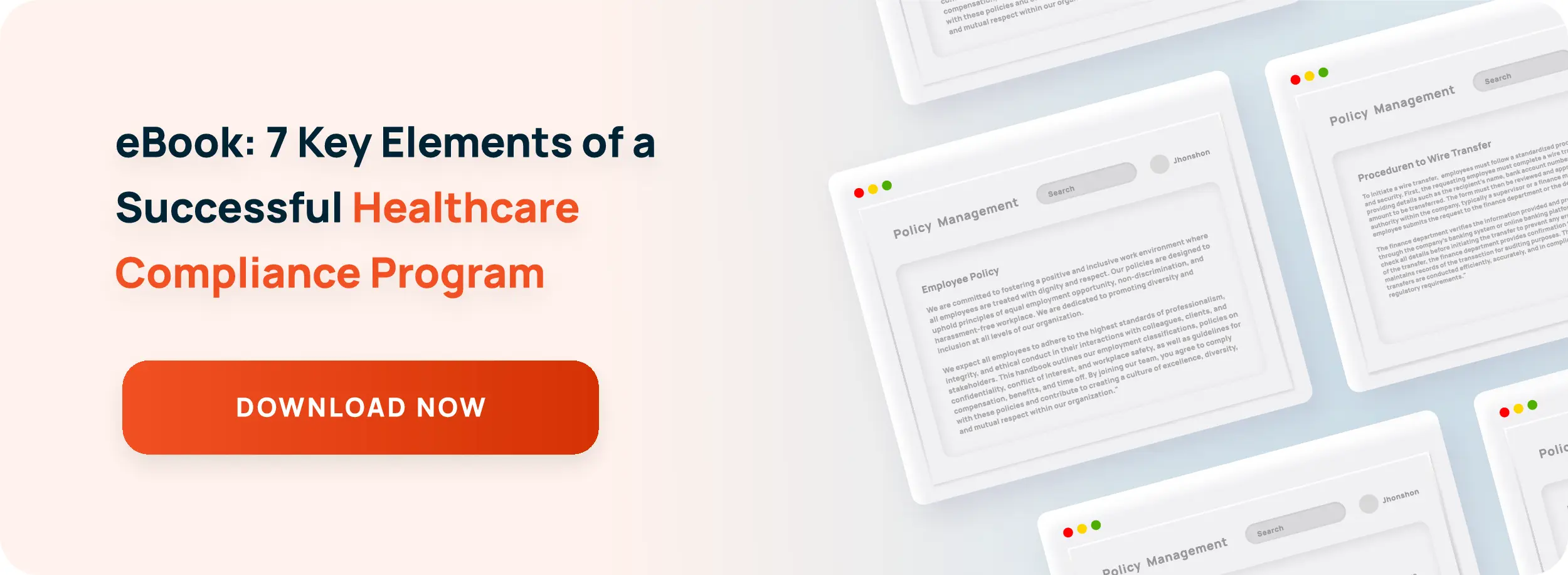New Consensus Framework for Ethical Collaboration in Healthcare: Policy and Procedure Restructuring to Take Effect
On January 13, 2013, the International Federation of Pharmaceutical Manufacturers and Associations (IFPMA) reported that the International Alliance of Patients’ Organizations (IAPO), International Council of Nurses (ICN), IFPMA, International Pharmaceutical Federation (FIP), and the World Medical Association (WMA) signed a Consensus Framework for putting patients first, supporting ethical research and innovation, ensuring independence and ethical conduct, and promoting transparency and accountability.
As the new framework for ethical collaboration is defined as a œtoolkit, rather than clearly identified policies, organizations will need to accurately define new policies and procedures to align with the framework.
Publication of Policies to Garner Trust
Patients are aware that organizations not in compliance are not to be trusted, either for influential reasons, unethical research, or lack of collaborative effort for patient care. Therefore, assuring patients that they are in compliance with the framework will become as important as ensuring healthcare compliance with HIPAA and other regulations in the industry.
The difference between an audit for pre-defined regulations and self-governed regulations for the patients, is that their audit results for practitioner understanding will require some degree of publication, and that publication will dictate their reputation and in turn, the amount of patients they will see.
Impact on Policies Created for Defined Regulations
Transparency will not end at the publication of acknowledged policies, as one of the elements to the framework will require accountability and full visibility of fees paid for services and research contracts. Clinical research results involving patients will also require transparency, while still maintaining privacy required by HIPAA.
No matter how small the addition to a corporate policy, an abounding ripple-effect will take place through all previously written policies to ensure compliance, and ethical transparency simultaneously.
Corporations restructuring their policies and procedures should identify the best solution for their needs to manage every step of the policy lifecycle to ensure that they are written and approved by parties noting the interactions with other regulatory requirements. Another important aspect of the policy and procedure solution will be to publicize the policies and the acknowledgment of policies by all practitioners.
Importance at the Patient Level
As independence and ethical conduct are addressed in the consensus, patients can rest assured that corporations taking the new consensus to their policies and procedures will not put them on the backburner, as companies will not be permitted to provide compensations to influence prescribing, recommendations, dispensing or administering medicines.
They can also be assured that their healthcare providers are spending their time at sponsored events in the pursuit of medical advancement, and that these events do not have hidden agendas to influence the healthcare providers.
Healthcare practitioners and pharmacies will also require placing more importance on policies about collaborating with patients and their caregivers to make the best decisions regarding their treatment.2 The struggle between what the patient wants and what the doctors and pharmaceutical companies recommend will become more of a collaboration so that outcomes are a joint effort rather than opposing efforts.
Transparency in Research
Partnerships are a priority in the consensus for the healthcare industry to improve access and delivery. 2 It is more heavily interpreted as a responsibility under this new consensus that all partners in healthcare collaborate efforts to deliver greater patient benefits.
Medical research is more likely to be performed with patients knowing that they will require a legitimate scientific purpose that aims to improve health outcomes, and that the research will be ethically conducted.
Researchers following the framework through publicized procedures will be able to ensure that compensation for research will be appropriate and not compromise the objective results. Communicating their understanding and agreement with the framework will aid public relations efforts and support for scientific research.
Corporate Responsibility Dictates Patient Benefit
Establishing appropriate policies and procedures, distributing them to all parties involved, and ensuring they are understood will not only ensure these ethical standards are being followed within the organization, but that patients can trust in these particular corporations knowing that the risk of ethical ensure that these ethical standards are being followed issues is not as likely. Corporate responsibility is becoming much more of a priority, with proof and insurance of that, patients benefits and trust in their healthcare providers will soar.
If you are starting from scratch, download a free Policy and Procedure template
- Release announcing consensus: IAPO, ICN, IFPMA, FIP, WMA, courtesy of CNW Group Ltd.https://cnw.ca/Q63J
- The consensus can be found at: https://ifpma.org/wp-content/uploads/2023/01/i2023_Consensus-Framework-EN.pdf

